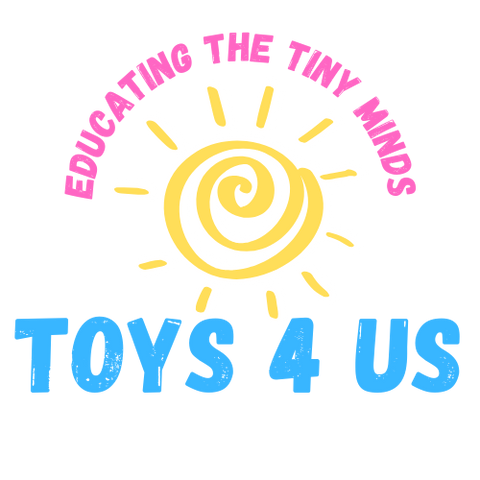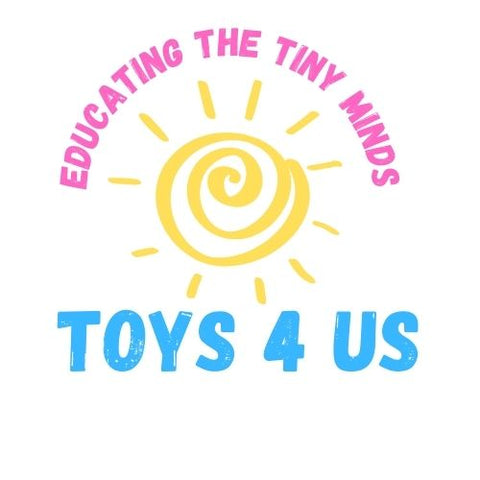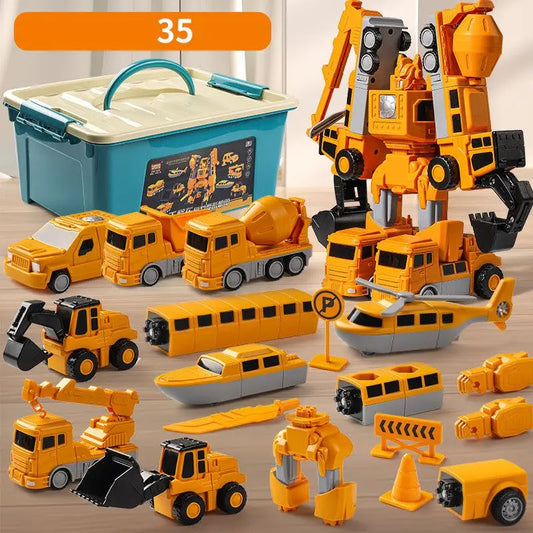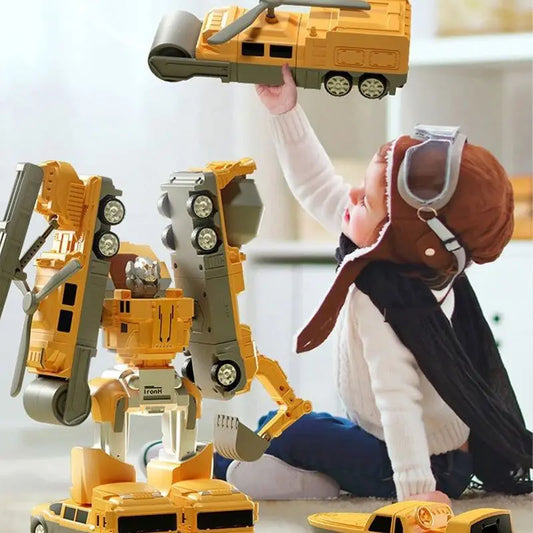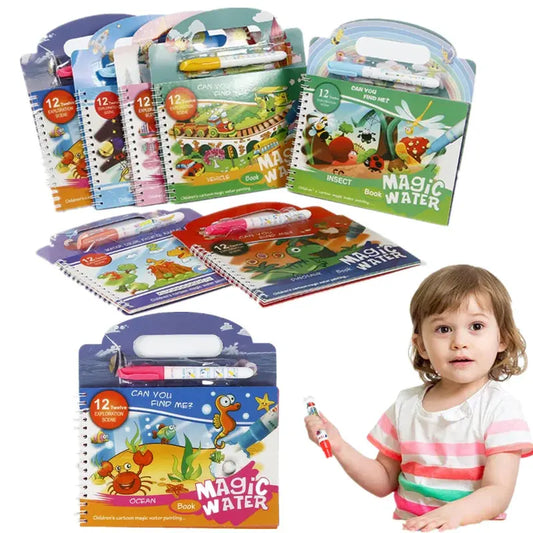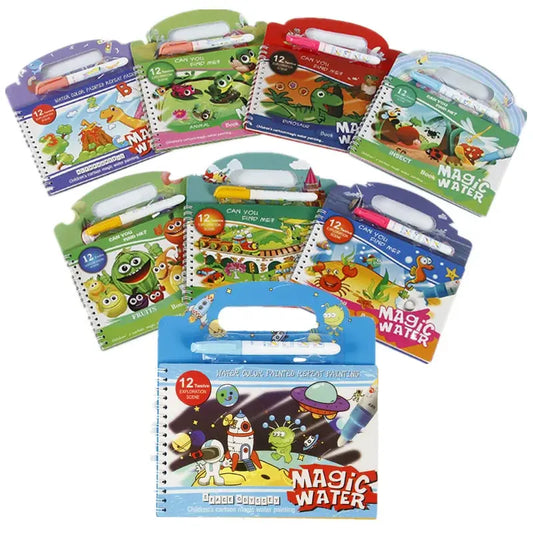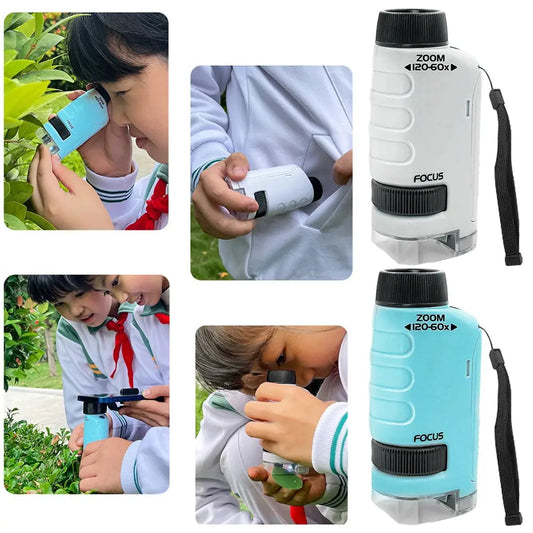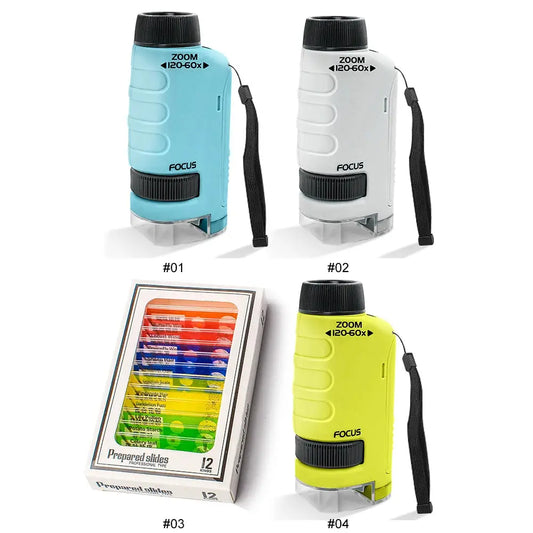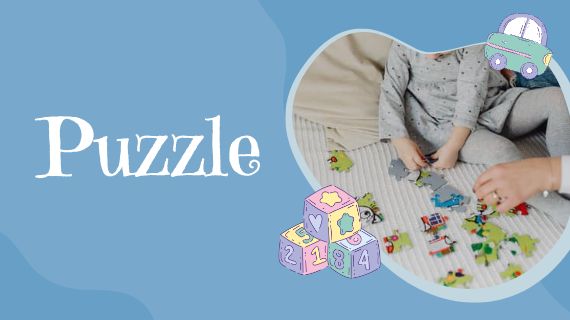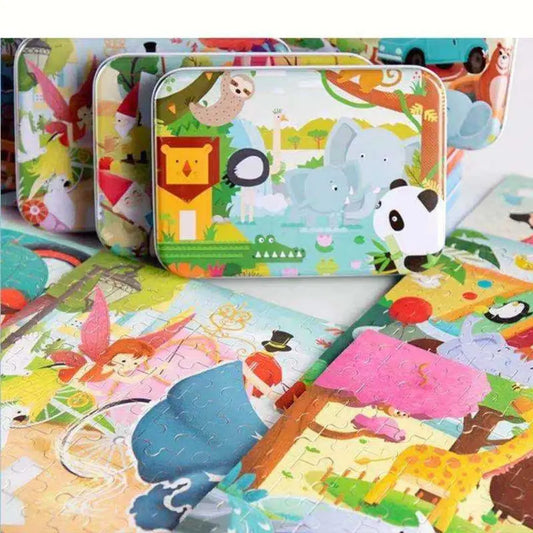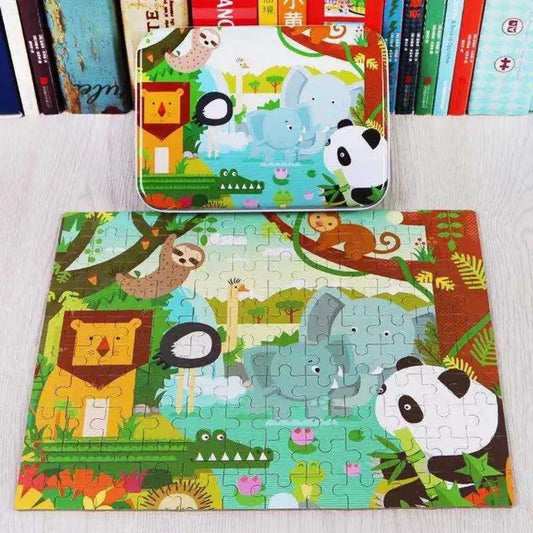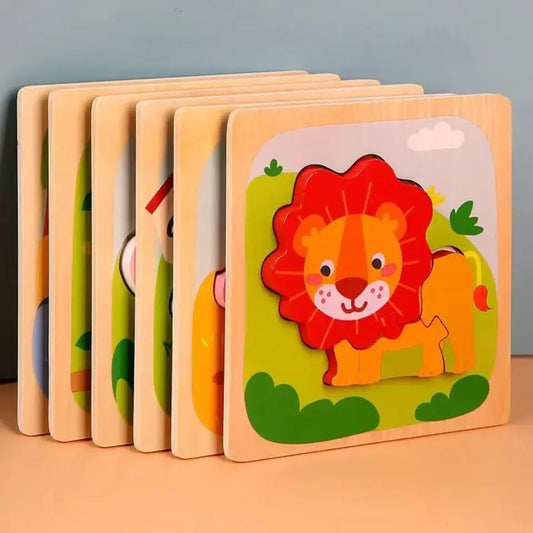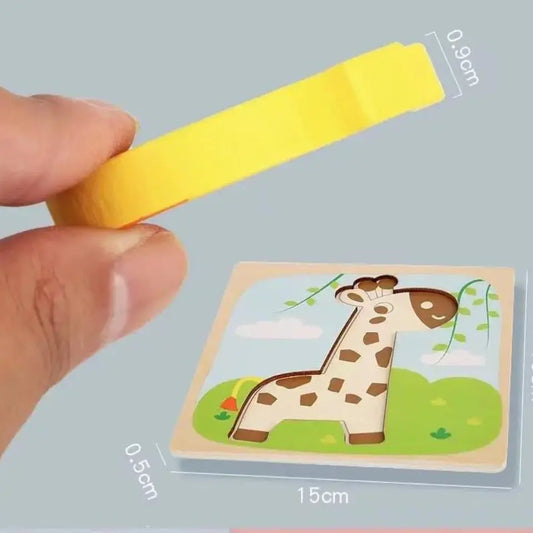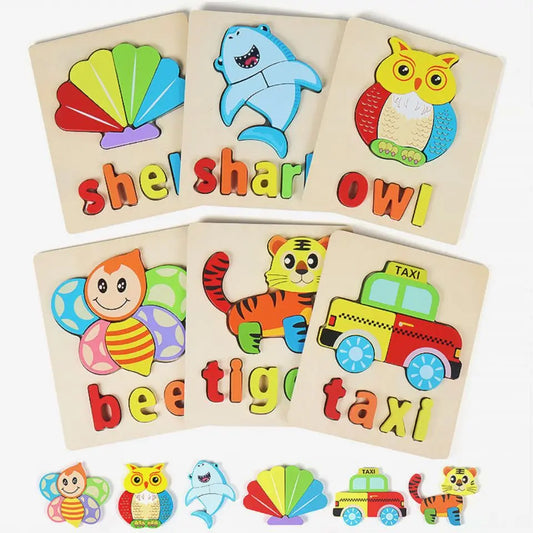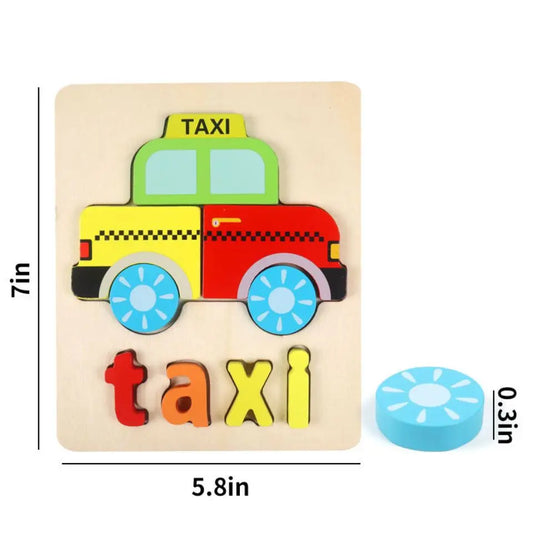Are Montessori toys good for autism? Montessori toys are gaining recognition for their ability to support children's development in natural and meaningful ways. These toys, designed to encourage independence, creativity, and sensory exploration, are particularly beneficial for children with autism. In this Guide to Montessori Toys in Australia, we will explore Why Montessori Toys are Perfect for children on the autism spectrum. Many parents and caregivers have found that Montessori Toys Australia offer a calm, structured, and engaging environment that helps children with autism explore their senses, develop motor skills, and build focus.
Children with autism often have unique sensory needs and may experience the world differently from other children. This makes it essential to choose toys that are not overly stimulating and allow for sensory exploration at the child’s pace. Montessori toys are typically made from natural materials like wood, and they emphasize simplicity and tactile engagement. These features help create a soothing play environment that reduces sensory overload and promotes concentration. The open-ended nature of Montessori toys also allows children with autism to explore the toys in ways that suit their individual learning styles and preferences.
Are Montessori Toys Good for Children with Autism?
Montessori toys, designed to encourage exploration, independence, and creativity, have long been recognized as valuable educational tools. These toys emphasize simplicity, sensory engagement, and self-directed play. For children with autism, who may experience sensory sensitivities or differences in learning styles, Montessori toys can be particularly beneficial. Their minimalist design, tactile materials, and open-ended play opportunities make them ideal for supporting the developmental needs of autistic children. But how exactly do these toys support children on the autism spectrum, and are they truly effective?
In this blog post, we will explore the ways in which Montessori toys can benefit children with autism. We will discuss how the principles behind these toys align with the unique developmental needs of autistic children, the types of toys that are most beneficial, and how they can be integrated into daily play and learning. By the end of this article, parents and caregivers will have a clearer understanding of how Montessori toys can enhance the learning and sensory experiences of children with autism.

1. Understanding Autism and the Importance of Sensory Play
Children with autism often experience the world differently due to sensory sensitivities, heightened sensory perceptions, or other sensory processing differences. Sensory play is an important way for these children to explore their environment and process sensory information. Montessori toys, which are typically made from natural materials and focus on tactile, auditory, and visual experiences, provide a calming and engaging way for children with autism to explore their senses.
For instance, wooden texture boards allow children to feel different surfaces, such as rough, smooth, or soft textures, which can help them become more comfortable with various sensory inputs. These toys encourage sensory exploration without overwhelming the child, creating an environment where they can learn to regulate their sensory experiences.
Additionally, the simplicity of Montessori toys prevents overstimulation. Conventional toys often feature bright colors, flashing lights, and electronic sounds, which can be overwhelming for children with autism. In contrast, Montessori toys use muted colors, natural textures, and minimal distractions, providing a more peaceful and structured sensory experience.
2. Promoting Focus and Independence Through Montessori Toys
One of the core principles of Montessori education is promoting independence, which is achieved through self-directed learning and open-ended play. This approach can be particularly beneficial for children with autism, who may prefer routines and structured activities but also need opportunities to explore and learn at their own pace. Montessori toys are designed to allow children to engage independently in activities that help them develop cognitive, motor, and sensory skills.
For example, puzzles and stacking toys provide children with a clear, goal-oriented task, such as fitting pieces together or stacking rings in the correct order. These activities help build focus and concentration, skills that many children with autism may find challenging. Because these toys are simple and free from distractions, they allow children to immerse themselves fully in the task, promoting deeper engagement.
Montessori toys also give children the opportunity to practice decision-making and problem-solving skills. Since these toys are open-ended, there are often multiple ways to interact with them. A set of wooden blocks, for example, can be used to build a tower, a bridge, or any number of imaginative structures. This freedom encourages creativity and decision-making while also giving the child control over their play experience.

3. Enhancing Fine Motor Skills and Coordination
Children with autism may experience delays or difficulties with fine motor skills, which are important for tasks such as writing, dressing, and using utensils. Montessori toys are designed to support the development of fine motor skills through hands-on activities that require precision and coordination.
-
Bead Threading Sets: Bead threading activities are a classic Montessori toy that helps children practice their pincer grasp and hand-eye coordination. These sets involve threading small beads onto a string, an activity that strengthens the fingers and enhances motor control.
-
Stacking Toys: Wooden stacking toys, such as rings or blocks, encourage children to use their hands to place objects in the correct order. This practice helps refine their motor skills and promotes better coordination.
-
Practical Life Toys: Many Montessori toys mimic everyday activities, such as dressing frames that allow children to practice buttoning, zipping, and tying. These toys help children develop the motor skills necessary for daily living tasks in a way that is engaging and fun.
By providing opportunities for children to practice these skills in a calm and structured environment, Montessori toys can support the motor development of children with autism, helping them build confidence in their abilities.

4. Supporting Emotional Regulation Through Play
Emotional regulation is often a challenge for children with autism, as they may struggle to process and respond to sensory inputs or changes in their environment. Montessori toys, with their focus on calm, repetitive actions, can help children develop strategies for managing their emotions and self-regulating.
The structured nature of Montessori play allows children to focus on the task at hand, providing them with a sense of control and predictability. Activities such as puzzles or sorting toys can be soothing, as they involve repetitive actions that help calm the mind. For example, placing blocks in a specific order or solving a puzzle gives the child a clear objective, allowing them to concentrate and reduce anxiety.
Additionally, sensory toys like sand trays or water play stations allow children to engage in tactile exploration, which can be grounding and calming. The slow, repetitive motions of pouring, scooping, or shaping sand or water help children develop focus while also soothing their nervous system.
Montessori toys also encourage emotional growth by providing children with opportunities to achieve small successes. Completing a puzzle or stacking blocks correctly gives the child a sense of accomplishment, boosting their self-esteem and helping them manage frustration more effectively.
5. Choosing the Right Montessori Toys for Children with Autism
When selecting Montessori toys for children with autism, it’s important to consider the child’s sensory preferences, developmental stage, and interests. Not all children with autism have the same sensory needs, so parents and caregivers should look for toys that meet the child where they are.
-
Sensory Toys: For children who are sensitive to touch or enjoy tactile experiences, Montessori toys like texture boards, sensory balls, or sand play tables are ideal. These toys provide opportunities for the child to explore different sensations while developing sensory processing skills.
-
Building and Sorting Toys: For children who enjoy structured activities, toys like building blocks, stacking rings, and sorting sets provide a satisfying way to engage with their environment. These toys promote problem-solving and fine motor development while also offering a sense of order and control.
-
Practical Life Toys: Many children with autism benefit from practicing real-life tasks in a playful environment. Montessori practical life toys, such as dressing frames or child-sized kitchen sets, help children build independence while also developing motor skills.
By choosing toys that align with the child’s developmental needs and sensory preferences, parents and caregivers can create a more engaging and supportive play environment.
Conclusion: How Montessori Toys Support Children with Autism
Montessori toys offer a unique and effective approach to supporting the developmental needs of children with autism. Their simplicity, sensory focus, and emphasis on independent play make them ideal tools for helping children build cognitive, motor, and sensory skills in a calm and structured environment. By promoting self-directed learning and encouraging emotional regulation, Montessori toys provide children with autism the tools they need to thrive.
For parents and caregivers looking for safe, engaging, and developmentally appropriate toys for their child with autism, Montessori toys are an excellent choice. These toys not only support sensory exploration and motor development but also help children build confidence, focus, and emotional resilience, making them a valuable addition to any child’s learning journey.
